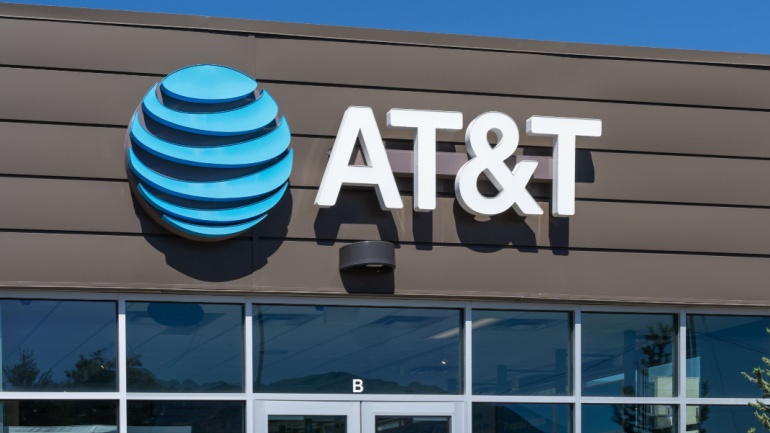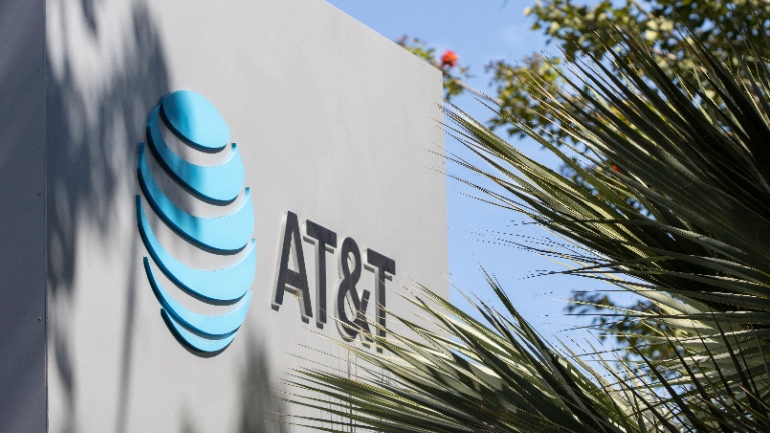Ericsson and global operators like Vodafone and AT&T have launched a joint venture to commercialize network APIs globally. This initiative aims to standardize API offerings, fostering innovation and monetization in the 5G era. By collaborating with major players such as Vonage and Google Cloud, the venture promises to revolutionize the voice over IP (VoIP) landscape.
AT&T’s partnership with Kinetic aims to enhance rural areas through bundled fiber and wireless offerings. This collaboration addresses the digital divide, offering high-speed internet and cost-effective solutions to underserved regions. With significant investments and strategic initiatives, both companies strive to connect more users and improve digital accessibility nationwide.
AT&T partners with Nokia in a groundbreaking multi-year deal to upgrade its US fibre network infrastructure. Spanning five years, Nokia will deliver crucial fixed broadband equipment to bolster AT&T’s current infrastructure and accommodate future network expansions. This partnership is set to enhance broadband access for millions, driving digital innovation.
AT&T has been fined $950,000 by the FCC for failing to deliver over 400 emergency 911 calls during a one-hour outage in August 2023. The incident, affecting multiple states, led to a compliance plan to improve reliability. The FCC continues to scrutinize similar failures, highlighting the importance of maintaining robust emergency call systems.
Workers, represented by the Communications Workers of America (CWA), are striking against AT&T over allegations of unfair labor practices. The CWA accuses AT&T of using unqualified subcontractors, compromising safety. AT&T denies the charges but aims for a fair agreement. With a federal mediator involved, negotiations continue, affecting several southern states.
Maxis and Huawei collaborate to advance 5G in Malaysia, launching a Joint Innovation Centre. Telecom Italia exits Inwit, selling its final stake for €250 million. Oracle partners with AT&T to integrate IoT connectivity into its platform. TalkTalk secures a £400m lifeline amid financial struggles and leadership changes.
The National Advertising Review Board (NARB) has urged AT&T to revise its claims about its Supplemental Coverage from Space (SCS) following a challenge from T-Mobile US. AT&T’s advertisement implied the advanced VoIP service is operational, which is misleading. Transparent communication in the evolving VoIP and satellite communications landscape is essential.
NICE has expanded its collaboration with AT&T to boost the capabilities of emergency communications centers by developing a unified incident capture solution for AT&T NG9-1-1 technologies. Showcased at APCO 2024, this partnership aims to revolutionize public safety by enabling 9-1-1 centers to utilize real-time VoIP data for smarter decisions and improved response times.
A significant data breach at AT&T, impacting nearly all wireless customers, has exposed call and text message records. The 2022 breach highlights vulnerabilities in telecommunication security, emphasizing the need for VoIP engineers to implement robust measures.
Verizon strongly opposes the Public Safety Spectrum Alliance’s proposal to allocate the 4.9 GHz band to FirstNet, operated by AT&T. Verizon argues this would disrupt competitive balance and unfairly benefit AT&T. This debate within the FCC could significantly affect public safety communications and commercial wireless use, making it a critical issue for the voip industry.













